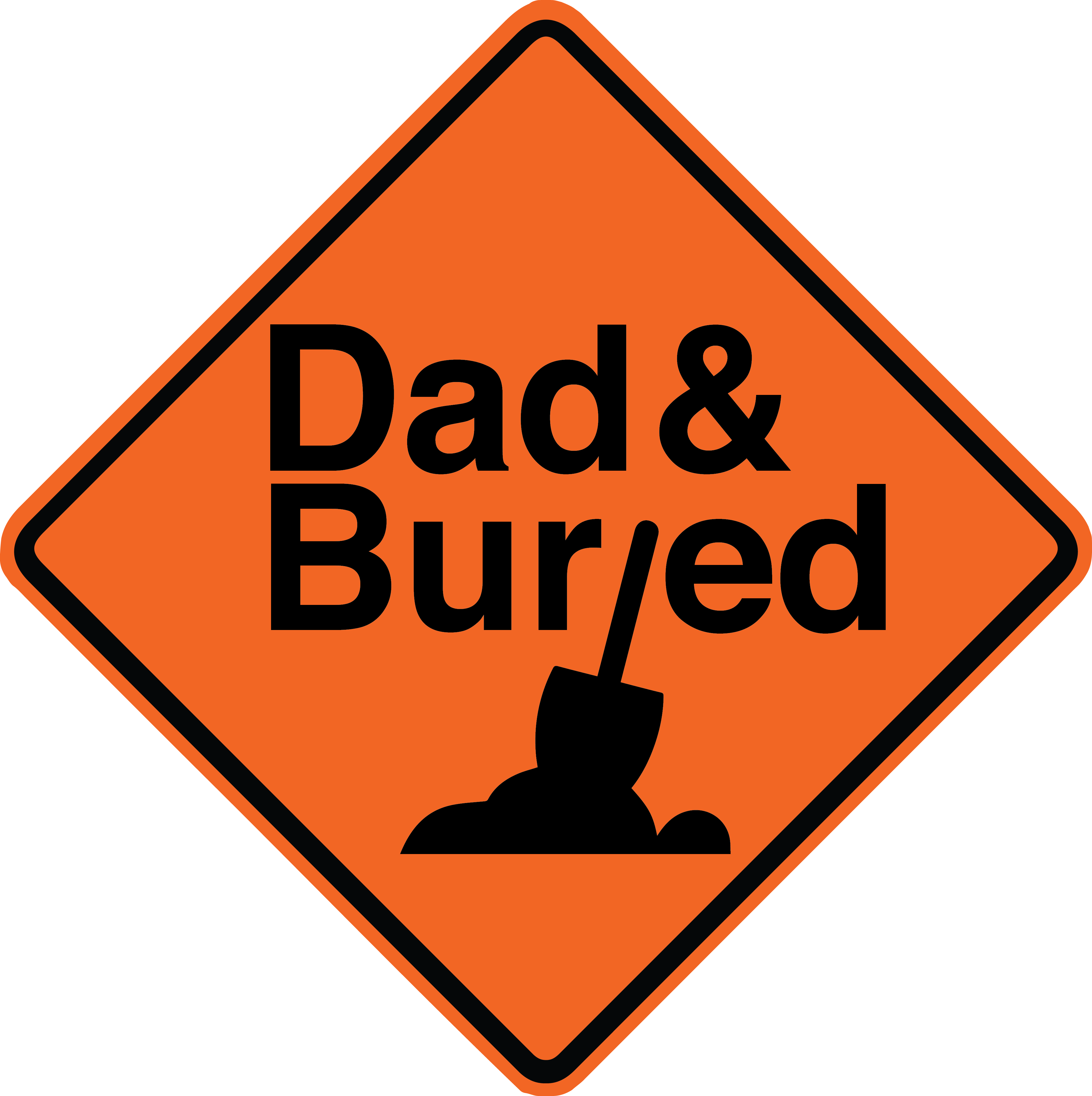Over the weekend, while I was giving my son a bath, we started talking about Disney’s Robin Hood. My son said he liked it — except for the ending, when the main characters kiss and get married.
“Ya know, you might want to get married someday…”
“I might want to marry a boy.”
“You can do that.”
“Boys can marry boys, and girls can marry girls.”
“That’s right. The important thing is that you marry someone you love.”
(I’ll stop quoting our conversation there, before he expressed his desire to marry Mommy and also to marry multiple friends from his kindergarten class.)
The conversation got me thinking…
 Children don’t care.
Children don’t care.
Children don’t have preconceived notions about one group of people being better than another. Children have no inclination toward preventing one group from being able to do something that others can. Despite multiple viewings, I haven’t heard my son say a single thing about the lesbian couple in Finding Dory or witnessed any evidence that Elsa’s supposed deviance has had any impact on him, other than a short-lived obsession with that one song which shall not be named.
Insomuch as our children grow up with prejudices, they’ve learned them from us. They learn everything from us.
This not only includes mimicking our behaviors and absorbing our beliefs, but also internalizing the language we use and the implications behind it — which is why our words are so important.
During that conversation with my son the other day, I recognized his innocence and wanted to preserve it. More than that, I wanted to reinforce it. So I was wary in choosing the words I used to reply during a conversation that could quickly have gone from comical to confusing. Our words have the ability to impact our children for their entire lives, and I wanted to be sure I didn’t botch mine.
I’m thinking in particular of the word “tolerance,” a seemingly innocuous word that carries with it a land mine of negativity. To tolerate something implies superiority. It implies a need to force yourself, through sheer willpower, to withstand something distasteful, or uncomfortable, or wrong. In the context of LGBT people, or ethnic minorities, or different genders, in the context of any kind of diversity at all, the concept of tolerance is infected with a connotation of negativity.
We shouldn’t be teaching our children to tolerate other people’s differences. The existence of diversity is not a burden the majority of us need to shoulder. We should be teaching our children to accept other people’s differences, and to celebrate them and our own.
Obviously, using “tolerate/tolerance” instead of “accept/acceptance” is not hate speech — and I’m not suggesting that it is — but the fact that the word “tolerance” doesn’t immediately carry that association might even make it more harmful, more insidious. It camouflages the hate and codifies the condescension. It allows discrimination to thrive by taking a half-measure of feigned inclusiveness and giving cover to the speaker. It hides the hate in plain sight and offers false immunity to every  utterance. Not everyone who uses “tolerate” spits it out hatefully, but it allows those who would otherwise spit it in such a manner the plausible deniability to do so without guilt — to escape unscathed.
utterance. Not everyone who uses “tolerate” spits it out hatefully, but it allows those who would otherwise spit it in such a manner the plausible deniability to do so without guilt — to escape unscathed.
Accessorizing your so-called enlightenment with tainted language immediately poisons the conversation. Call it semantics, call it being politically correct, dismiss it however you wish, but there’s no denying that language can be powerful. Words carry weight. Used incorrectly, they poison not only conversations but also entire communities. Our language should be as inclusive as our actions; otherwise the two will always be at odds, and our children will grow up with mixed messages.
I’m teaching my sons “acceptance” instead of “tolerance” because I want both of them to learn that it’s not enough to merely “be fine” with other people who are different from you. We must accept the whole of humanity for who they are, without reservation.
Even — especially — in the face of those who may not tolerate that.
This post originally appeared on Scary Mommy.


Pingback: Kids Are Shameless And That's A Good Thing - Dad and Buried
Pingback: Parenting Done Right - Dad and Buried
Pingback: Trump's Locker Room Talk - Dad and Buried
Pingback: Stupid Parenting Controversies - Dad and Buried
Pingback: "Not All Men" Is Meaningless and Counterproductive - Dad and Buried
Pingback: The Dos and Don'ts of Parental Interaction
Pingback: Practice What You Preach - Dad and Buried
Pingback: Gender Stereotypes Are Meaningless - Dad and Buried
Pingback: As A Parent, I Need To Know If You Support Trump
Pingback: Some Kids Are Stereotypes and That's Okay - Dad and Buried
Pingback: Southern Intolerance - Dad and Buried
Pingback: Some Kids Are Stereotypes and That’s Okay | Viral Top Feeds
Pingback: Annie, Gender, and Peer Pressure
Pingback: I Am A Real American (and So Are You) - Dad and Buried